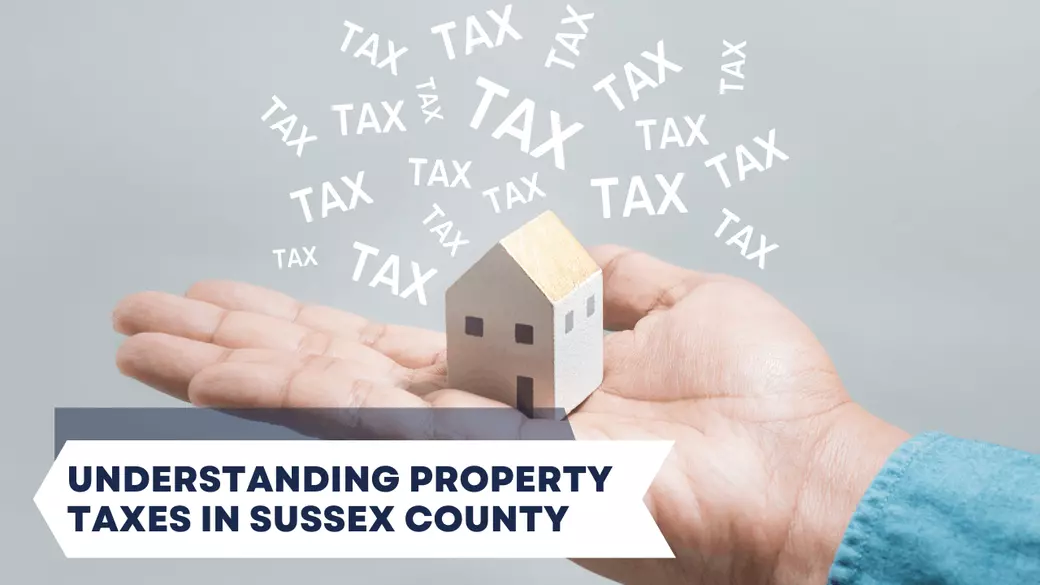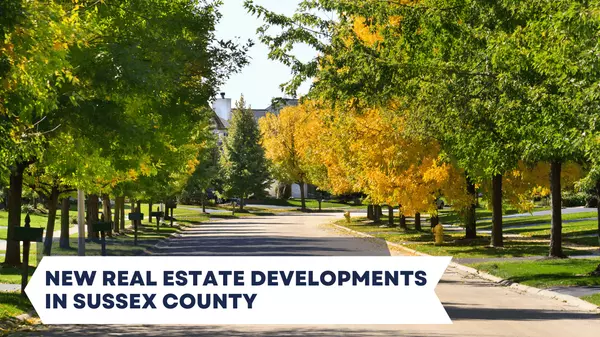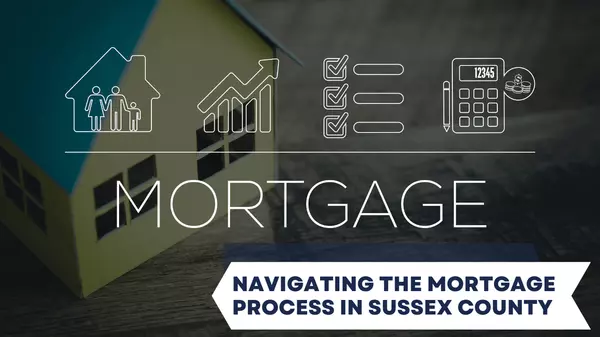Understanding Property Taxes in Sussex County

Property taxes are a crucial aspect of homeownership, and understanding how they work in Sussex County can help residents make informed financial decisions. Whether you're a first-time homebuyer or a long-time resident, knowing how property taxes are calculated, what they fund, and how to manage them effectively is essential.
How Property Taxes Are Calculated
Property taxes in Sussex County are determined based on the assessed value of a property and the tax rate set by local municipalities. The general formula for property tax calculation is:
Assessed Property Value × Local Tax Rate = Annual Property Tax
The assessed value is determined by the county assessor, who evaluates the market value of a property and applies an assessment ratio. The tax rate, also known as the mill rate, varies by township and is influenced by local budgetary needs.
Where Do Property Taxes Go?
Property taxes play a vital role in funding essential community services, including:
Public Schools – A significant portion of property taxes supports local schools, helping to fund teacher salaries, facilities, and educational programs.
Municipal Services – Property taxes contribute to police and fire departments, road maintenance, and waste management.
County Services – Funds go toward libraries, public parks, and social services that benefit the community.
Special Assessments – Some properties may have additional assessments for specific local projects such as sewer improvements or road repairs.
How to Manage and Lower Property Taxes
While property taxes are a necessary expense, there are strategies homeowners can use to manage and potentially lower their tax burden:
Review Your Property Assessment – Check your property’s assessed value to ensure it is accurate. If you believe it is overvalued, you can file an appeal with the county assessor’s office.
Apply for Tax Exemptions – Sussex County offers various exemptions for eligible homeowners, including veterans, seniors, and disabled individuals. Research available programs to see if you qualify.
Stay Informed on Local Budgets – Attend town meetings and stay informed about municipal spending decisions that impact property tax rates.
Consider Energy-Efficient Upgrades – Some municipalities offer tax incentives for energy-efficient home improvements that could lead to tax savings.
Hire a Professional – Consulting with a property tax expert or real estate professional can help you identify ways to optimize your tax situation.
Understanding property taxes in Sussex County empowers homeowners to plan their finances effectively and take advantage of potential savings opportunities. By staying informed and proactive, you can ensure that your property tax payments align with the true value of your home while supporting the essential services that keep the county running smoothly.
For more detailed information or assistance with property taxes, contact the Sussex County tax assessor’s office or a local real estate expert.
Categories
Recent Posts










